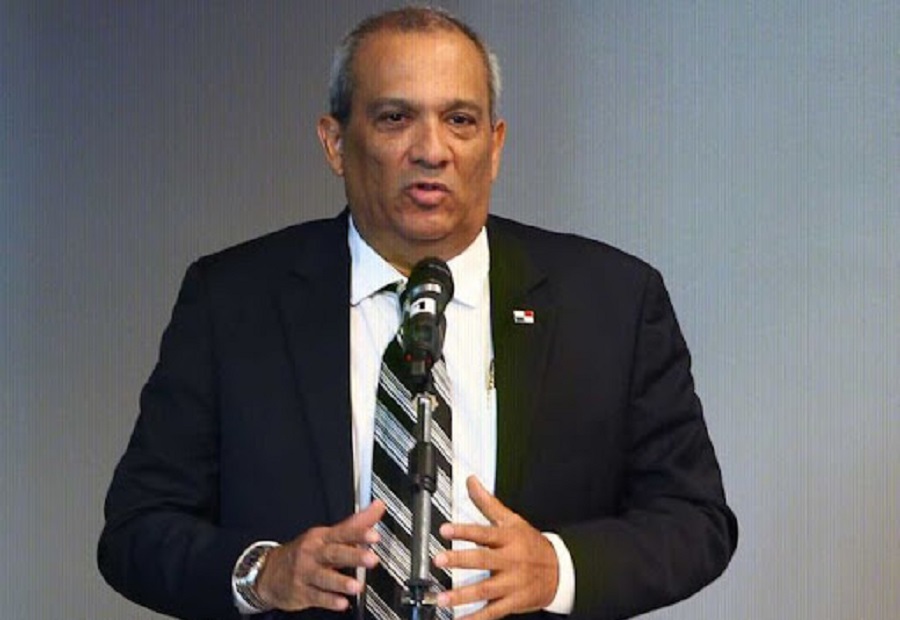RIO DE JANEIRO, BRAZIL – “The country needs more environmental education,” says Panama’s Environment Minister Milciades Concepción. He describes this issue as the biggest challenge facing the Central American country, which has a surface area of just over 75,500 km2 and a population of 4.28 million.
The other two significant environmental challenges for Panama are reducing deforestation and consolidating an environmental land use planning in which the land is used according to its vocation, both issues closely linked to education.
Read also: Check out our coverage on Panama
“An environmentally educated country will protect its natural resources. We have seen this in other countries with a higher level of environmental culture. Let’s go out to the street, with garbage right there, in the corner, and we realize that we lack environmental education in all respects,” the Minister said.
The Covid-19 pandemic, which since March 2020 has kept the vast majority of Panama’s students out of school, disrupted Concepción’s plans to restructure the curricula, along with the Ministry of Education “to create a true environmental education immersed in all academic subjects” and at all levels.

A GREEN COUNTRY THREATENED BY DEFORESTATION
With the support of communities, private enterprise and other government agencies, the Ministry of Environment is fighting a battle against “a culture of deforesting to expand the agriculture and livestock border and also to exploit forests or sell timber,” Concepción said.
“With this alliance we are reducing deforestation, to such an extent that when we fly over our nation we still find deforestation, but much less than in the past,” the Minister pointed out.
In the 1950s Panama’s forest cover stood at 90%, but by 2012 it had been reduced by about 50%, according to an official study.
Now “65% of Panama’s territory is forest,” and the Ministry intends to continue “expanding” that area “through reforestation and forest restoration plans,” he said.
A ban on granting permits for forestry exploitation in Panama, where the most frequent environmental crime is illegal logging, has been in force since September 2019.
This crime “is being tackled in two ways: one with environmental education, which is producing results, but this is a long-term process,” and the other with criminal and administrative penalties, the Minister said.
Parliament is discussing a bill submitted by the Ministry to increase the existing penalties for environmental crimes and define others that are currently not covered by the Criminal Procedural Code, he added.
Panama’s green wealth makes it “one of the world’s three carbon-negative countries,” another reason why it aims to increase forest cover, Concepción stressed.
Another challenge for Panama is to ensure that soils are used according to their vocation, something that only happens in some parts of the country, he said.
“We cannot continue to use the soil for whatever activity we want. Soils have a vocation. And 75% of the soils in the country, in Panama, have a forestry vocation, which means they cannot be used” for anything else, he alerted.
MINING CONTROVERSY
Environmental organizations have proposed a law for an indefinite moratorium on mining in Panama, while the government is promoting a debate on the activity and negotiating a new contract to legalize the operation of one of the largest copper mines on the continent.
“Mining has been legal in Panama since 1963” and the Ministry is “neither for nor against any project, nor does it have the capacity to repeal a mining law or code. We apply the environmental regulations” in force, Concepción said.
The Minister acknowledged that in the case of the Cobre Panama mine, owned by Canada First Quantum Minerals’ (FQM) subsidiary Minera Panama, “there has been a lack of daily supervision,” a shortcoming the government intends to rectify with the new contract.
Minera Panama has been accused of causing serious environmental damage. The contamination of a river near the mine is currently under investigation.

